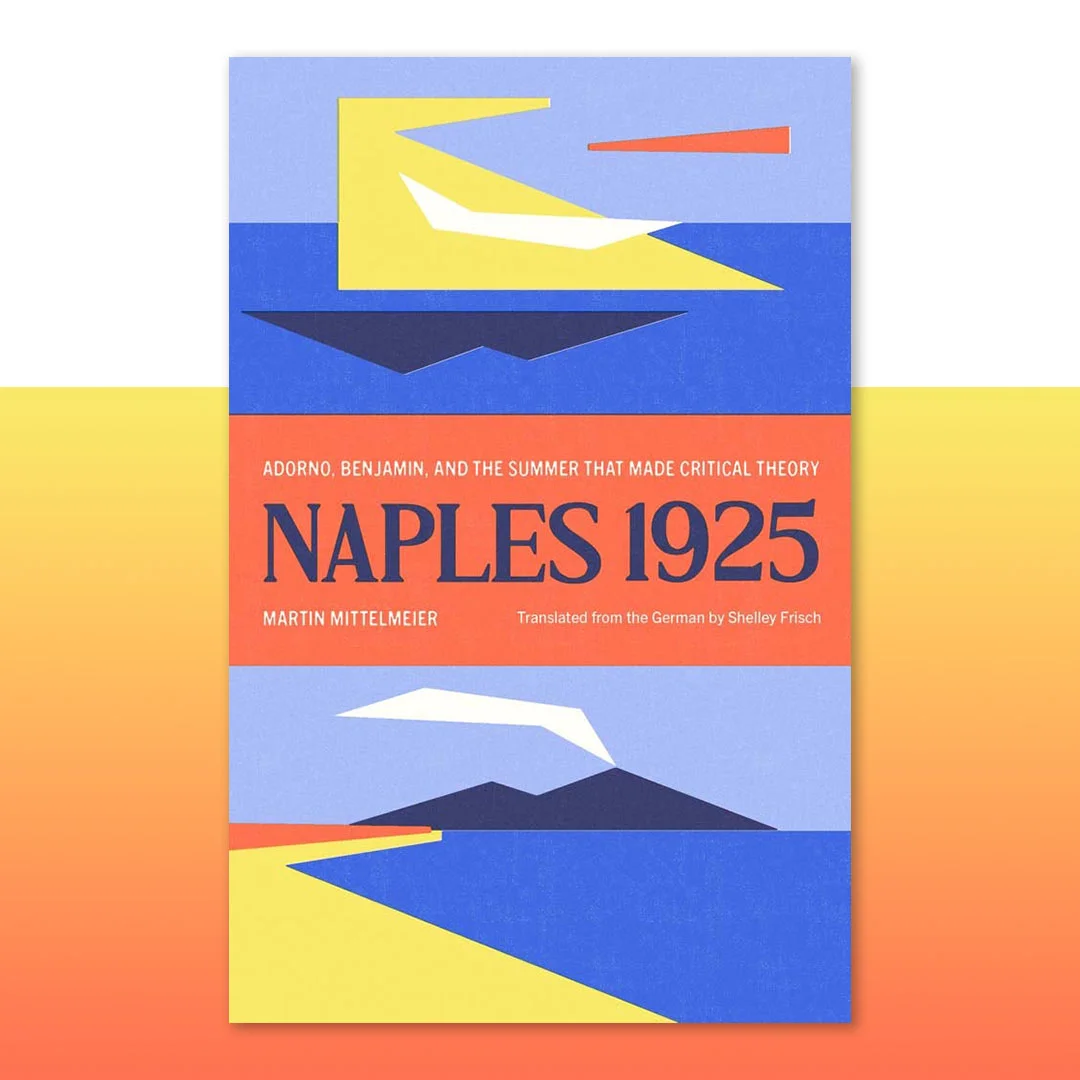
Yale University Press
Did you know that a century ago, the Mediterranean became a muse for philosophy?
December 13, 2024
If Midnight in Paris epitomises nostalgia for creative circles in bohemian Paris, Naples 1925 by Martin Mittelmeier presents a sun-drenched Mediterranean counterpart. Instead of Fitzgerald and Hemingway brooding in smoky bars, this tale finds Adorno, Benjamin, and their contemporaries basking under the Neapolitan sky. Drawn to Italy’s resistance to industrial modernity, these German intellectuals sought clarity amidst chaotic yet harmonious Naples, a city of porous architecture and vibrant contradictions.
Mittelmeier captures how the Italian environment didn’t just inspire, but redefined their perspectives. Naples blurred binaries — work and leisure, public and private — serving as a crucible for what would become critical theory. Benjamin’s encounters led to observations that turned everyday chaos into a conceptual framework. The group saw in Neapolitan life a resistance to the rigidity of both fascism and liberalism, revealing instead an interconnected, organic dynamism.
Through Naples, the Frankfurt School pioneers discovered that modernity need not be severed from its communal and historical roots. In so, Naples 1925 becomes a celebration of a place as muse, where southern Italian vitality lit intellectual fires destined to influence generations of philosophical thought.